Qala by Netflix is about the journey of a renowned singer fighting inner demons. The film has a wonderful cast of Tripti Dimri, Babil Khan, Swastika Mukherjee, and Varun Grover. A strained relationship with her mother and a dark past has made sure that success tastes like a sting for Qala, the leftover pieces of the love she never gets. Tenderness and violence are constant in this Anvitaa Dutt movie.
In the film, a mother sings to her young girl, “why do you look so sad?” The daughter replies that a peacock singing in the forest has stolen her dreams. We’ll get a gun and kill the peacock, the mother says. No, we mustn’t, the girl says, we’ll just silence it, lock it up in a cage.
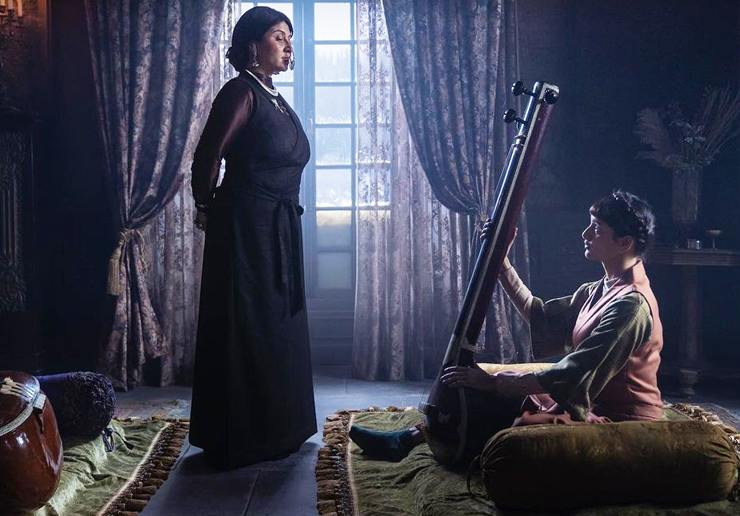
It’s a discussion of mother-daughter relationships, trauma, sexism, and mental health issues. Audiences are hailing the film for a realistic portrayal of having an emotionally abusive parent and its psychosocial feminism.
We first meet Qala, basically like a beam of light reflecting off her gold record. It seems to be the peak of her success and dreams, but soon we are confronted by reality. The press is only interested in a successful playback singer’s dating life, only because of her gender.
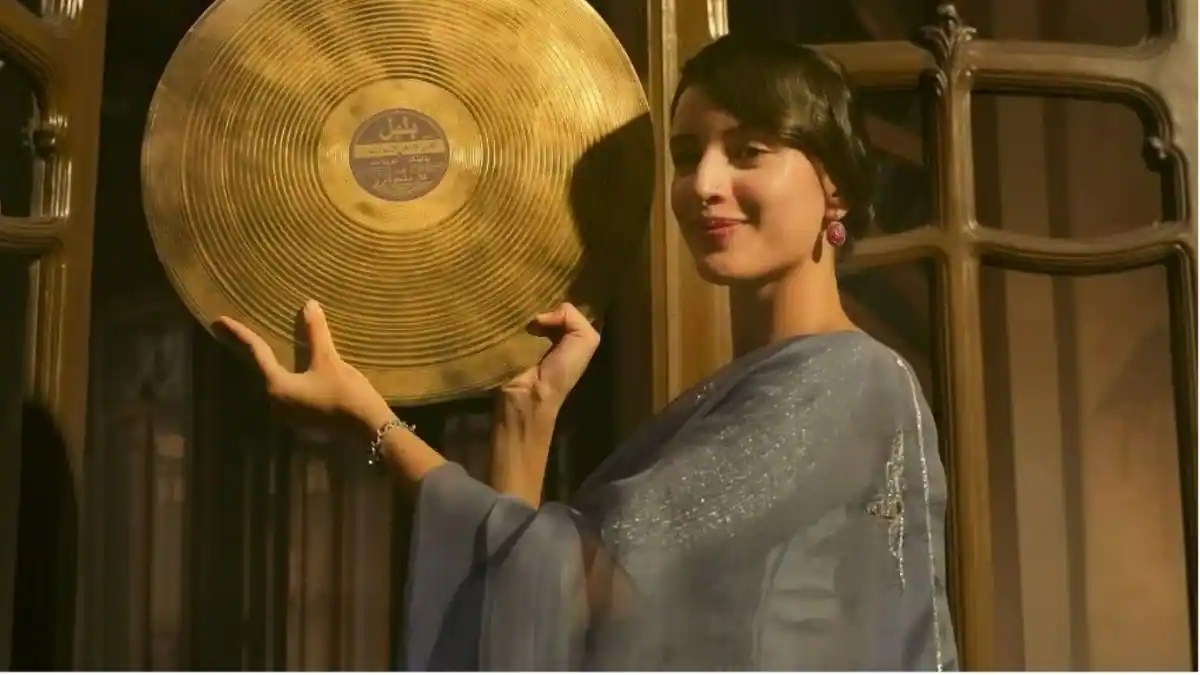
From the onset, the audience witnesses ignorance towards women’s mental health. Qala clutches her arm skin away from the peering eyes of the press, talking about her mother and “brother”. The first thing that Urmila learns about her daughter is that she absorbed her twin brother’s nutrition in the womb. It gives the audience hope that perhaps she would not have been as distant and pathologically demanding. Urmila is a mother of duty, not of love.
Even Urmila’s demands come from mental health unawareness and sexism. It is a time when male musicians are ‘Pandits’ but female counterparts are reduced to ‘Bai’ (courtesans, as if that’s a bad thing). Hence, Qala’s gender becomes a hindrance. Qala’s mother’s grandfather was a famous thumri singer, which made her sacrifice her dreams because it was unacceptable for a woman to carry the legacy. She raises Qala with little affection, in a gothic mansion, to become the voice of her Gharana.
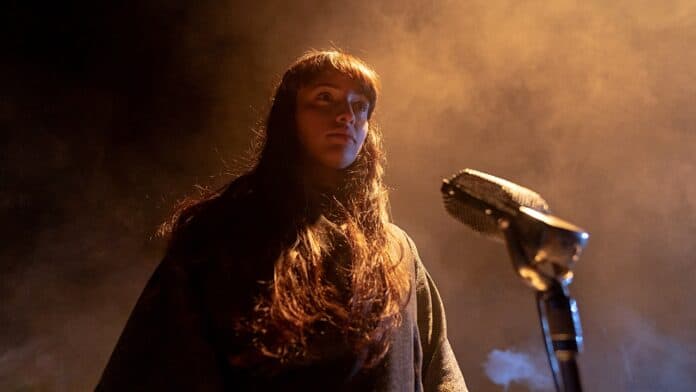
The visuals of Qala hauntingly show the protagonist’s cry for mental help. Apparitions appear in mirrors as her mental state collapses. It is difficult to distinguish reality from hallucination. A party turns phantasmagoric, Black Swan-esque wings before an unfortunate event. A bug flies into an eye. A silver ball of mercury is a visual rhyme with a water droplet, which becomes shining drops, which become sleeping pills. There’s a transition from Qala standing in a spotlight in the snow to her recording for the first time in the studio. During a later recording, at the crescendo of her breakdown, she imagines the studio filling with snow.
Jagan is everything she wishes to be for her mother’s love. Her failure, in comparison to his, haunts her. Qala is a feminist psychodrama, that discusses women’s prescribed roles and their limitations.
Qala is discouraged from becoming the torchbearer for her gharaana. Her mother refuses to let her sing in movies or in front of filmmakers because “good” women do not do so. Naseeban Apa is a music composer who gets slut-shamed and gossiped about. After becoming a golden record vested playback singer, she has to fight to get paid as much as the male singer. Qala hires a woman as her secretary, but only after arguing with a man. Qala feels safe and understood by women. She invites a reporter and photographer who is a woman to interview her and shoot her.
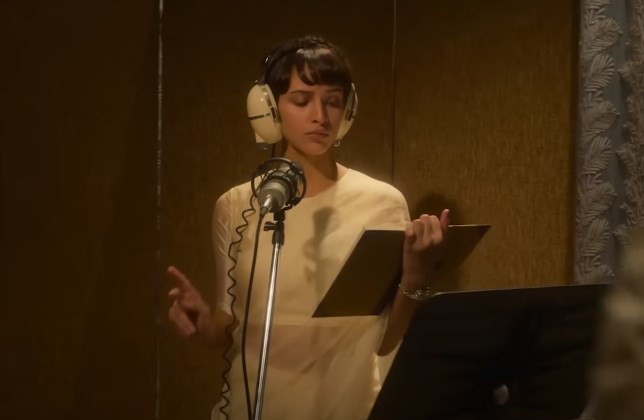
The men she chooses or has to succumb to continue to exploit her, except Jagan. The producers exploit and demean her, and the decent lyricist, Majrooh, turns a blind eye to the exploitation. One revealing scene sees a doctor called in to check on Qala after a breakdown. He brushes it off as a ‘ladies’ problem’, a case of acute artistic sensitivity.
Hysteria was a common diagnosis given to women in the 20th century. Because if she isn’t feeling mentally well, she’s definitely ‘crazy’ due to ‘hormones’. Medicine is also a stream that is sexist towards women. Medical research is biased and often ignores women, medicines and diagnoses are catered to men and shun women. She asks him to prescribe sleeping pills. “Aap sochna band kijiye (stop thinking)”, he advises.
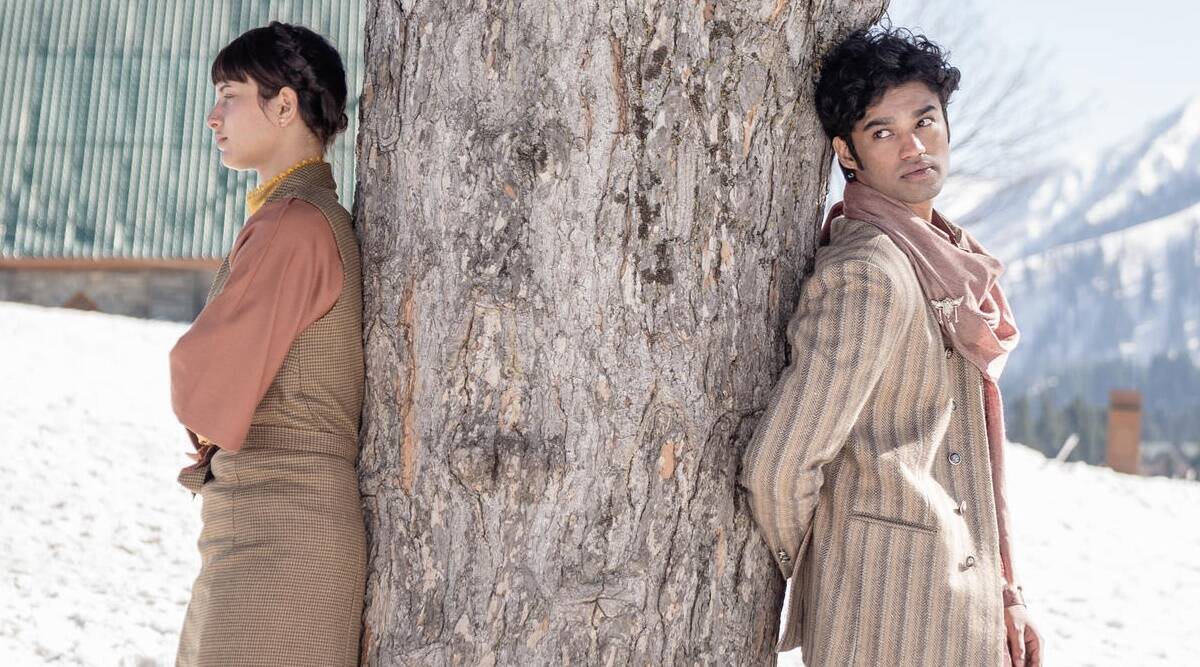
The movie, however, sensitively explores mental health without creating villains. While Qala is consumed by childhood trauma, her mother fails to break the cycle of patriarchy. We also see a young Jagan struggling with his mental health which deteriorates after he loses his voice.
In one of the most haunting scenes, Jagan tells Qala how scared he is after losing his voice. “Andar kuch toot gaya hai”, he says pointing at his heart, before saying, “Kal sab kuch theek ho jaayega”. Qala is a ray of hope that mental health narratives are indeed changing.
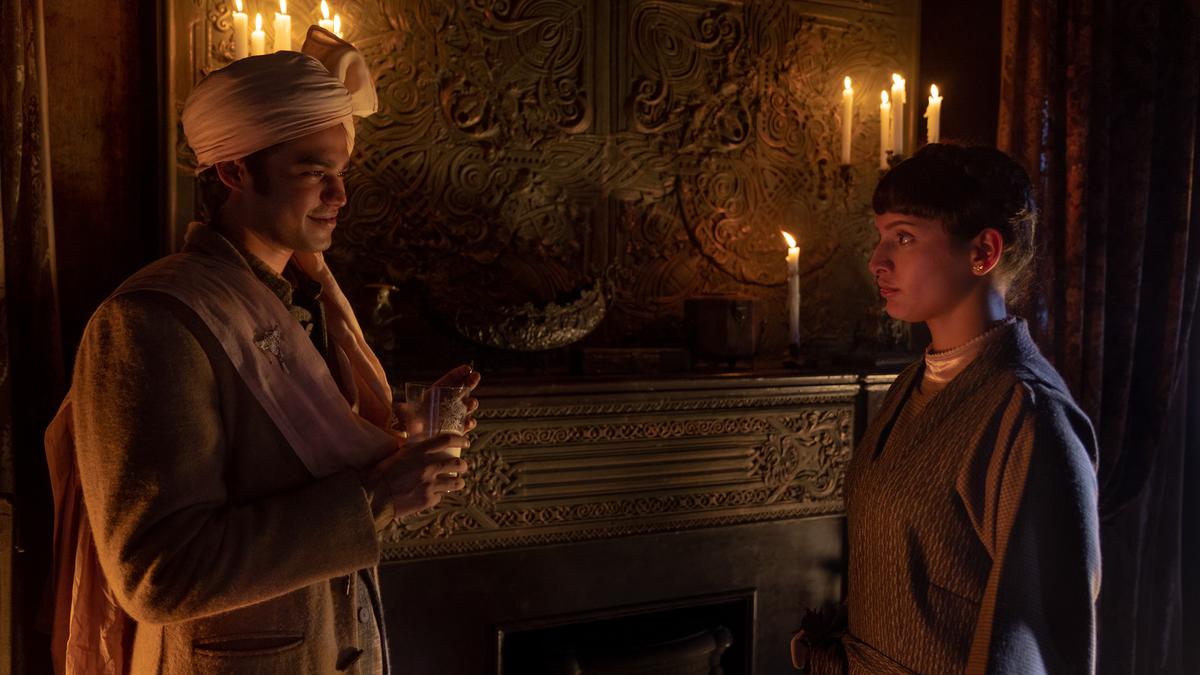
In one of the many lines that stay with you, Majrooh urges Qala to fight the cycle of abuse and says – Daur badlega, daur ki yeh purani adaat hain (time will change, time has an old habit of doing so).

















